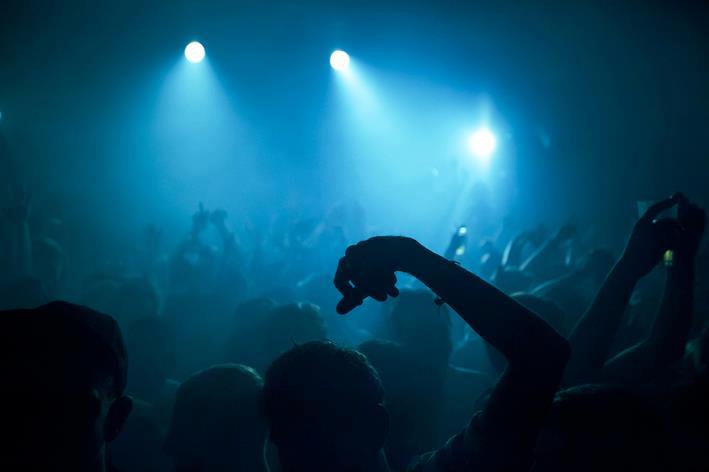Are rave spaces facing a safety issue?
In recent weeks, a series of troubling incidents at nightclubs and music venues across Europe has raised serious questions about the safety of rave spaces, and whether enough is being done to uphold the values of club culture.
On September 7th, Berlin’s renowned Sisyphos Club became the scene of a disturbing event when a rejected raver retaliated by deliberately driving a rental car into the club’s entrance gate and towards security staff. Thankfully, no one was injured, but the incident highlights the potential for violence stemming from entry disputes. The same day, across the North Sea in Glasgow, McChuills Music Bar faced an attempted attack by a group of 40 alleged far-right ultras. Though the attack was thwarted, it raises concerns about political violence spilling over into music spaces – particularly at a time when political tensions are at a high.
These incidents force us to ask: Are we witnessing a breakdown of the core values that have long defined rave culture? Principles of peace, love, unity, and respect (PLUR) have been cornerstones of the electronic music scene for decades. Yet, these recent events suggest a troubling divergence from these ideals. The attack on McChuills is particularly concerning, as it represents an intrusion of divisive political ideologies into spaces traditionally celebrated for their inclusivity. When fascist groups target music venues, it’s a sign that the very essence of rave culture – its openness and acceptance – is under assault.
Adding to these concerns is the ongoing case surrounding Birmingham’s Crane Nightclub, where in a tragic follow-up to the 2022 murder of Cody Fisher on the dance floor, family members of one of the convicted killers now face charges of assisting an offender.
While many clubs have robust security measures in place, incidents like the one at Sisyphos reveal potential vulnerabilities. How can venues better prepare for and prevent such extreme reactions to entry refusals? And in the case of Crane, how can we ensure that weapons don’t make their way onto dance floors? These events serve as a wake-up call for the industry. Club owners, promoters, and local authorities need to come together to reassess and potentially overhaul safety protocols.
The silver lining to these concerns has been, perhaps unsurprisingly, the response from the community. McChuills’ defiant stance against fascism and their decision to waive entry fees following the incident demonstrates the resilience and solidarity that still exists within club culture. However, we cannot rely solely on the strength of our community. These incidents are potential harbingers of a larger problem that needs to be addressed before it spirals out of control. The electronic music scene must collectively reaffirm its commitment to safety and inclusivity, not just in words but in concrete actions.



